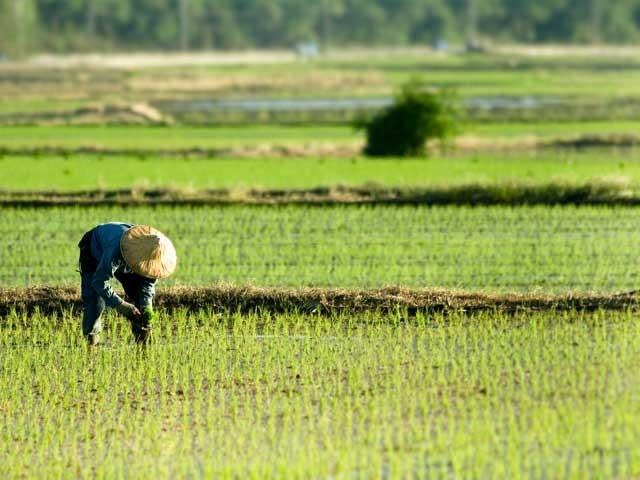SINAG: Next admin should push for sustainable, localized food production

Farmers group Samahang Industriya ng Agrikultura (SINAG) on Thursday called on the next administration to ensure a permanent shift in the agriculture sector, as it again denounced the Regional Comprehensive Economic Partnership (RCEP).
In an emailed statement, SINAG said the next administration should push for an agriculture strategy that would ensure sustainable and localized food production to meet staple food demands.
It also called for food self-sufficiency and rural livelihood opportunities as the starting point of the Philippine food and agriculture program.
“Future generations will only thrive if protection and support are given to the producers of our agriculture and food systems, there is no other way around it,” SINAG Chairman Rosendo So said in the statement.
“This COVID-19 pandemic has evidently shown it. Mawala na ang lahat huwag lang ang mga magsasaka at mga tagapaglikha ng ating pagkain [We cannot afford to lose our farmers and those who produce our food.],” he added.
In the same statement, SINAG also slammed the Department of Agriculture’s push for the RCEP, despite what it said was the “overwhelming” opposition of the agriculture sector.
“Importers, traders, and their cohorts are having the times of their lives under the current DA leadership. Walang itinira para sa [Nothing was left for] local producers, backyard raisers, and small agri entrepreneurs,” the DA said.
SINAG earlier called on the Senate to reject the RCEP, saying the mega free trade deal would hurt the local agriculture sector.
The Senate has been deliberating whether to concur or not with the Palace’s ratification of the RCEP in September. The agreement will enter into force 60 days after the minimum number of instruments of ratification or acceptance are received.
The RCEP negotiations include trade in goods, trade in services, investment, economic and technical cooperation, intellectual property, competition, dispute settlement, e-commerce, small and medium enterprises (SMEs), and other issues.
Once finalized, the regional agreement is expected to be the world's largest trade deal in terms of both population and gross domestic product (GDP).
“This government is brutally unique for having an agricultural department that architected the wanton increase of imports across all agricultural commodities and arbitrarily reduced the tariff of staples,” SINAG said. — BM, GMA News




